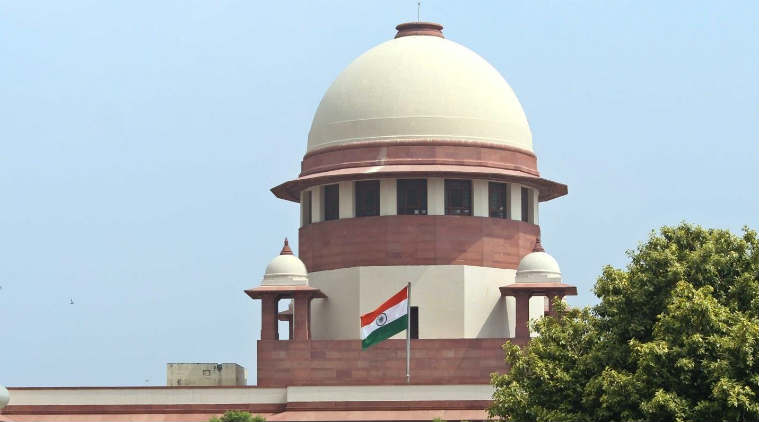A proposal to ban roadside advertising signs in Peterborough County was rejected on Wednesday when county council voted instead to have a new committee update the sign bylaw by the end of 2018.
The new committee will be made up of citizens, municipal staff and business owners who use the roadside signs.
The signs in question are the large ones installed along county roads on public property.
The idea is to rethink a ban that had been recommended by county staff. Instead, the committee will be expected to seek a compromise between entrepreneurs who say the signs are crucial and opponents who say they’re eyesores.
The vote came at a county council meeting Wednesday. The idea to strike a committee came from Sherry Senis, deputy mayor of Selwyn Township.
Senis said the sign bylaw in Selwyn was recently changed following consultations with business owners and the public.
“It’s something that’s been established – and it works,” she said.
But Peter Nielsen, the county’s manager of engineering and design, told councillors Wednesday that there have been two years of public consultation on the matter.
The feedback from people has been generally in favour of removing the roadside signs, Nielsen said; people said the advertisements detract from the natural landscape.
But the county also heard from many business owners who said the signs are critical to their marketing – and six entrepreneurs spoke to council Wednesday to urge that the signs be allowed.
“To be clear – these signs work, and they work well,” said Garnet Northey, president of the home design/build firm Spotlight Home and Lifestyle in Bridgenorth.
Northey said 15 per cent of his business comes to him through the use of roadside advertising signs. Forget about getting that business through other means of advertising, he said: “There is no substitute.”
Northey said that roughly 60 small businesses in Peterborough County use the signs extensively and that to ban them would cause “economic retardation.”
He challenged council to send a “positive” message to entrepreneurs and keep the signs.
To him, it came down to a single question for councillors: “Do you support small business owners or not?”
Janet Clarkson also spoke out against the proposed ban; she’s the former mayor of the Municipality of Trent Lakes and the current co-chairwoman of the Buckhorn Area Ratepayers Association.
She said signs are critical for small businesses, and banning them is going to hurt young entrepreneurs – many of whom are raising families.
“Put yourself in their shoes,” Clarkson told councillors.
John Milne, the executive officer of the Peterborough and the Kawarthas Homebuilders Association, said local construction firms use the signs to make themselves known to people from the GTA who are coming to their cottages in the Kawarthas.
Those are prospective clients, he pointed out – and if they don’t know about the local firms, they may hire someone from Toronto to do their renovations.
He added that it’s unfair to call the signs ugly.
“Ugly’s a matter of opinion – you might like some signs, you might not,” he said.
But Bev Matthews, mayor of Trent Lakes, wouldn’t hear of it. She was the only councillor who voted against the motion to develop a new sign bylaw.
“Signs block out the real beauty – which is why people come to the Kawarthas,” she said. “The signs have got to go.”
Meanwhile Doug Hutton, deputy mayor of North Kawartha Township, asked his fellow councillors if they’ve ever driven on highways around Sudbury where there’s no roadside advertising.
“Having no signs is a sign of no civilization – and no economic activity,” he said. “It’s scary.”
J. Murray Jones, mayor of Douro-Dummer Township, said that he’s heard for years from citizens who object to the roadside signs because they’re ugly.
He said he arrived at the meeting Wednesday prepared to consider a ban – but then he changed his mind when he heard the business owners speak.
“Until today, I never heard the other side of the story,” he said, adding that he likes the idea of a committee developing a new sign bylaw that can work for everyone.
“I think if we go about this the right way, we can hit the magic button on compromise.”
JKovach@postmedia.com
Follow @JoelleKovach
 The apex court had on December 15 last year extended till March 31 the deadline for mandatory linking of Aadhaar with various services. (File photo)
The apex court had on December 15 last year extended till March 31 the deadline for mandatory linking of Aadhaar with various services. (File photo)